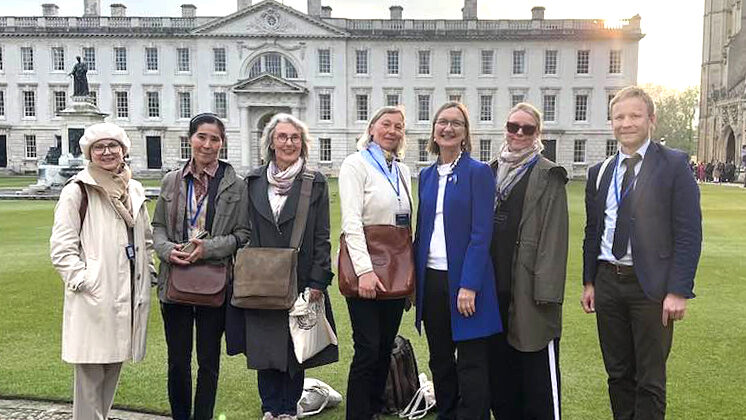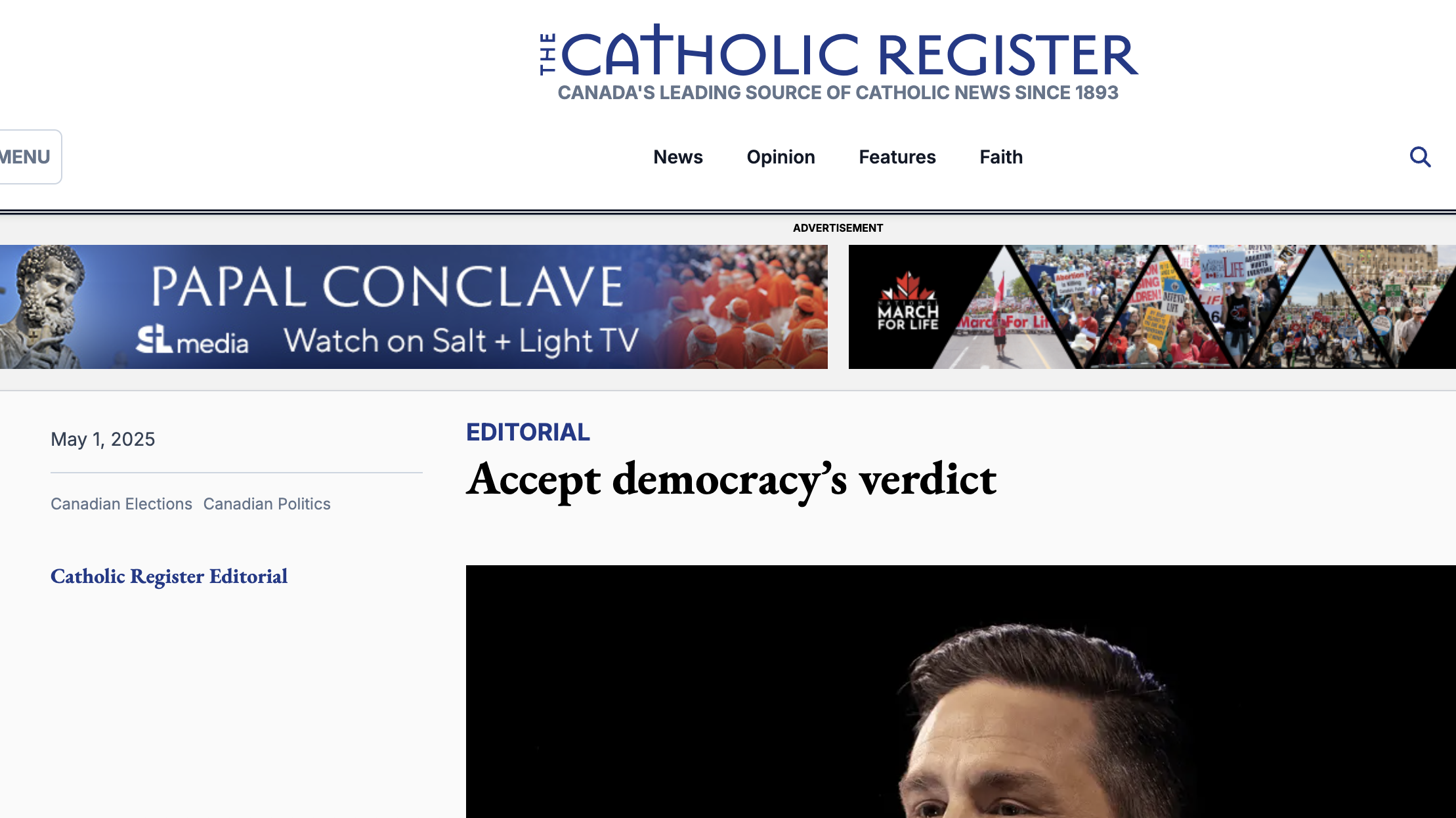Established in 2014, the Riga-based NATO Strategic Communication Centre of Excellence is multi-nationally constituted and a NATO-ac-credited international military organization, but a direct part of the NATO Command Structure. Eight countries, including Esto-nia, are its sponsors, with non-NATO countries such as Finland and Sweden assuming partnership status.
The main activities of the StratCom COE include: studying Russian info campaigns in Nordic-Baltic countries; determining how WWII related events still drive Russia's current propaganda narrative; developing a Defence Strategic Com-munications capability, etc.
Following the StratCom COE, in 2015 the EU's European Council asked NATO member states to set up an action plan on strategic communication, which resulted in the East StratCom Task Force. Three main objectives were established: effective communication and promotion of EU policies towards the ‘Eastern Neigh-bourhood'; strengthening media freedom and independent media in the area; improving EU cap-acity to forecast, address and -respond to disinformation from external sources. It's pro-active in presenting key policy areas, creating a positive EU narrative. It explains disinformation narratives and provides mythbusting.
Smaller, similarly tasked units have been created by many western European countries. These include the Swedish Defence Ministry, the German Interior Ministry, and the Czech Republic's Interior Mi-nistry. A Finnish inter-ministerial group, with similar orientation as others in the West, will initially concentrate on Russian disinformation in the context of the Finnish 100th anniversary of independence.
Estonia is currently choosing the Riga-based StratCom COE partnership as the one to bring most of its talent and resources. The main Estonian disinfor-mation-monitoring efforts are -handled by KAPO and the Information Board (foreign intelligence). The government has not released information about the formation of any new initiatives in responding to ongoing Russian info-war activity. The Defence League's Propastop group has been urging the -government that at the very least, the public must be told that appropriate responses have been developed in reaction to Moscow's initiatives.
Just recently, a strategic research group within France's Defence Ministry released a study which categorically rejects any notions of counter-propaganda as a means of combatting pro-Kremlin propaganda. It did, however, make 25 proposals for countering this info-warfare from Moscow. Here are a few:
1. ntentional falsification of information must be condemned. One must distinguish between disinformation, propaganda and public diplomacy to avoid the argument that ‘everything is propaganda'.
2. ocus on fighting disinformation, not demonizing Russia.
3. ecognize the limits of debunking. Neither is establishing the facts sufficient. Pro-Kremlin disinformation has been meant to undermine the notion of ‘objective truth' and doing credible journalism.
4. romote true journalism -ethics.
5. ncourage independent Rus-sian media.
6. rack financing of ‘anti-European' propaganda. (The list is wide-ranging and understandable.)
Laas Leivat, Toronto




